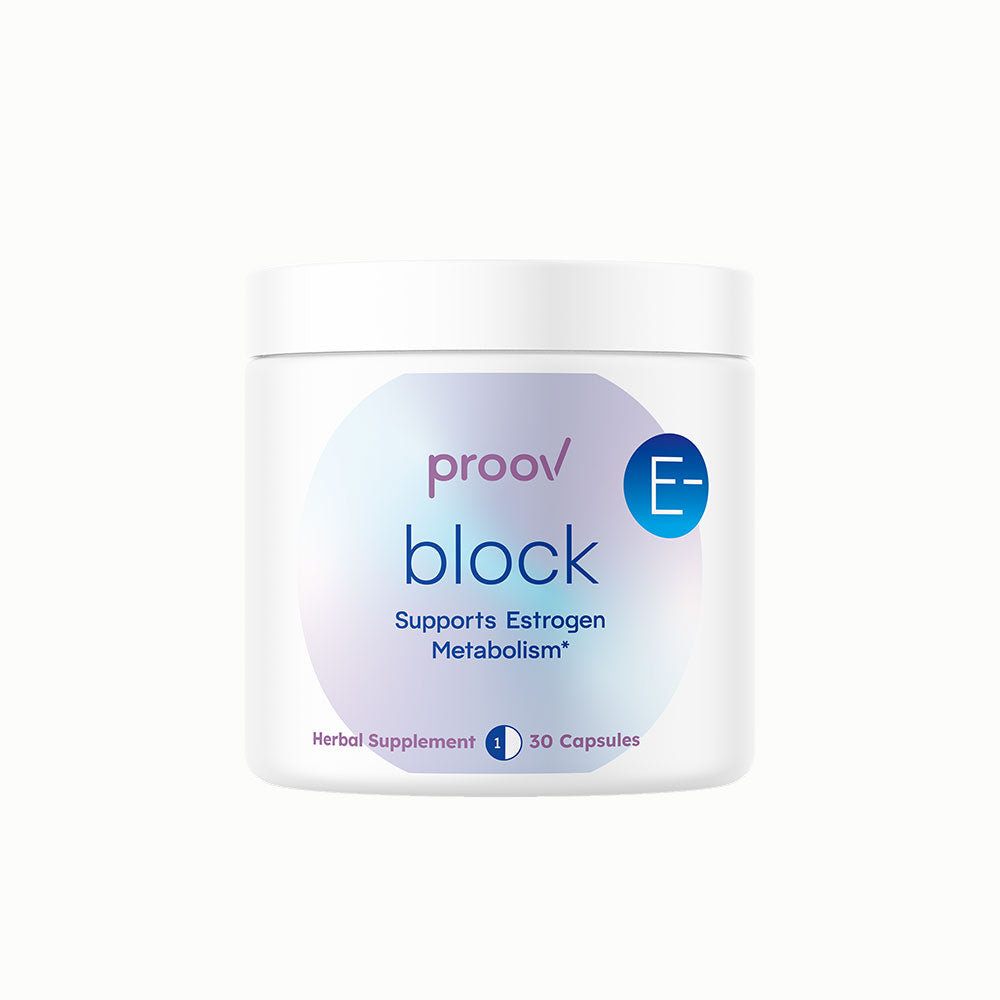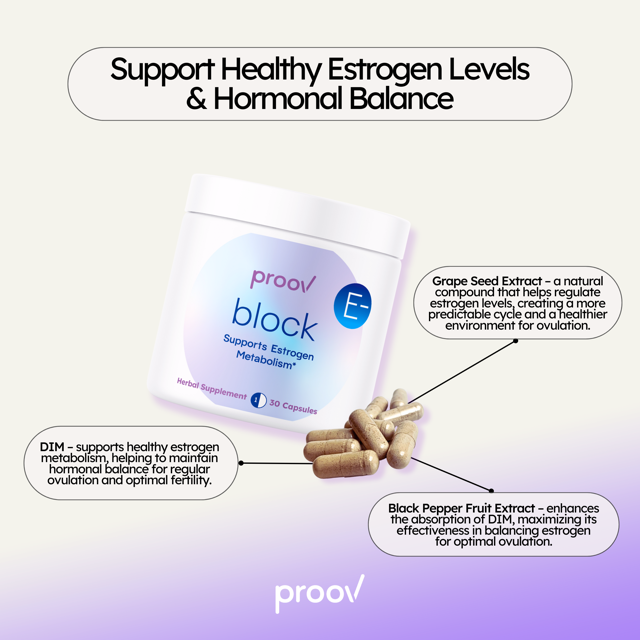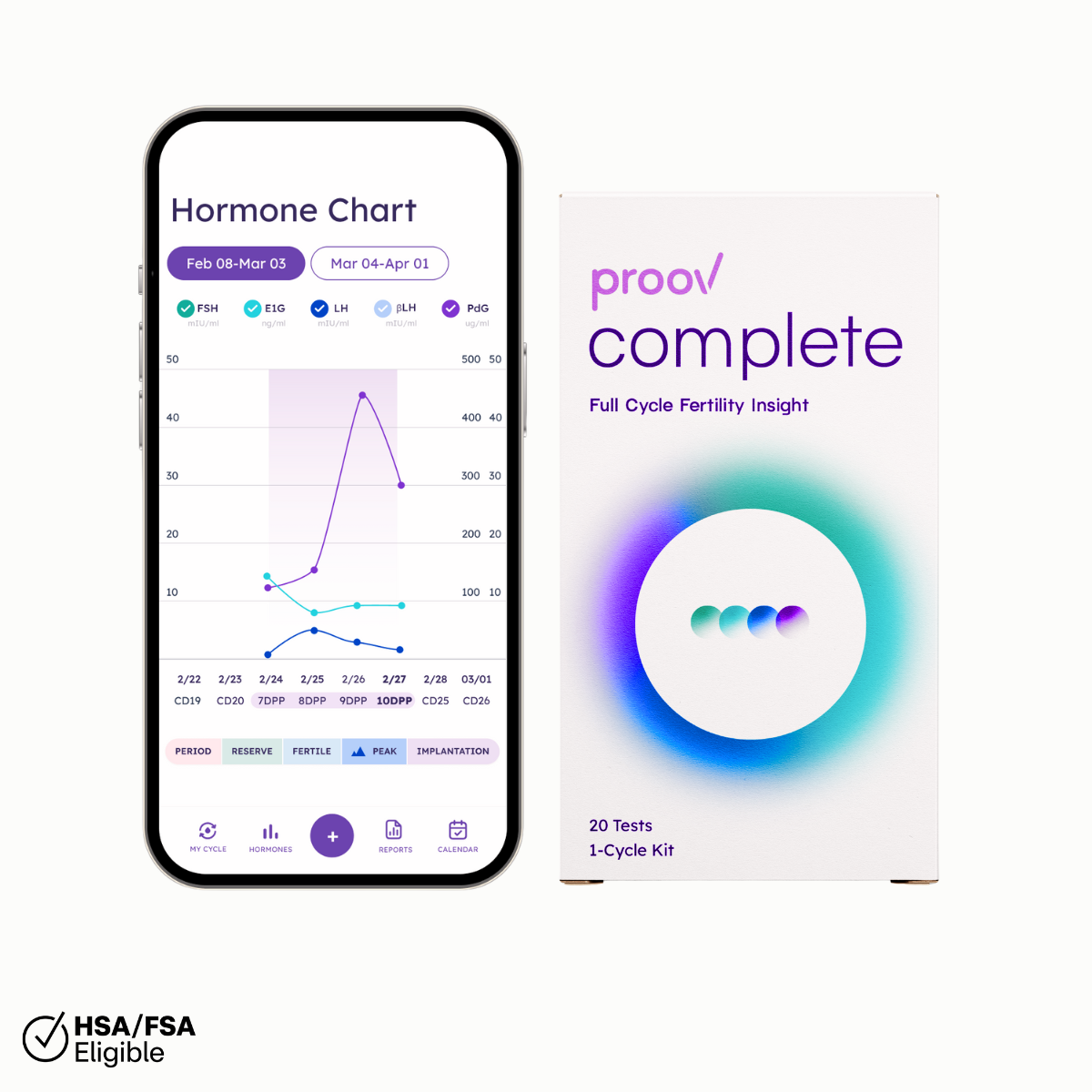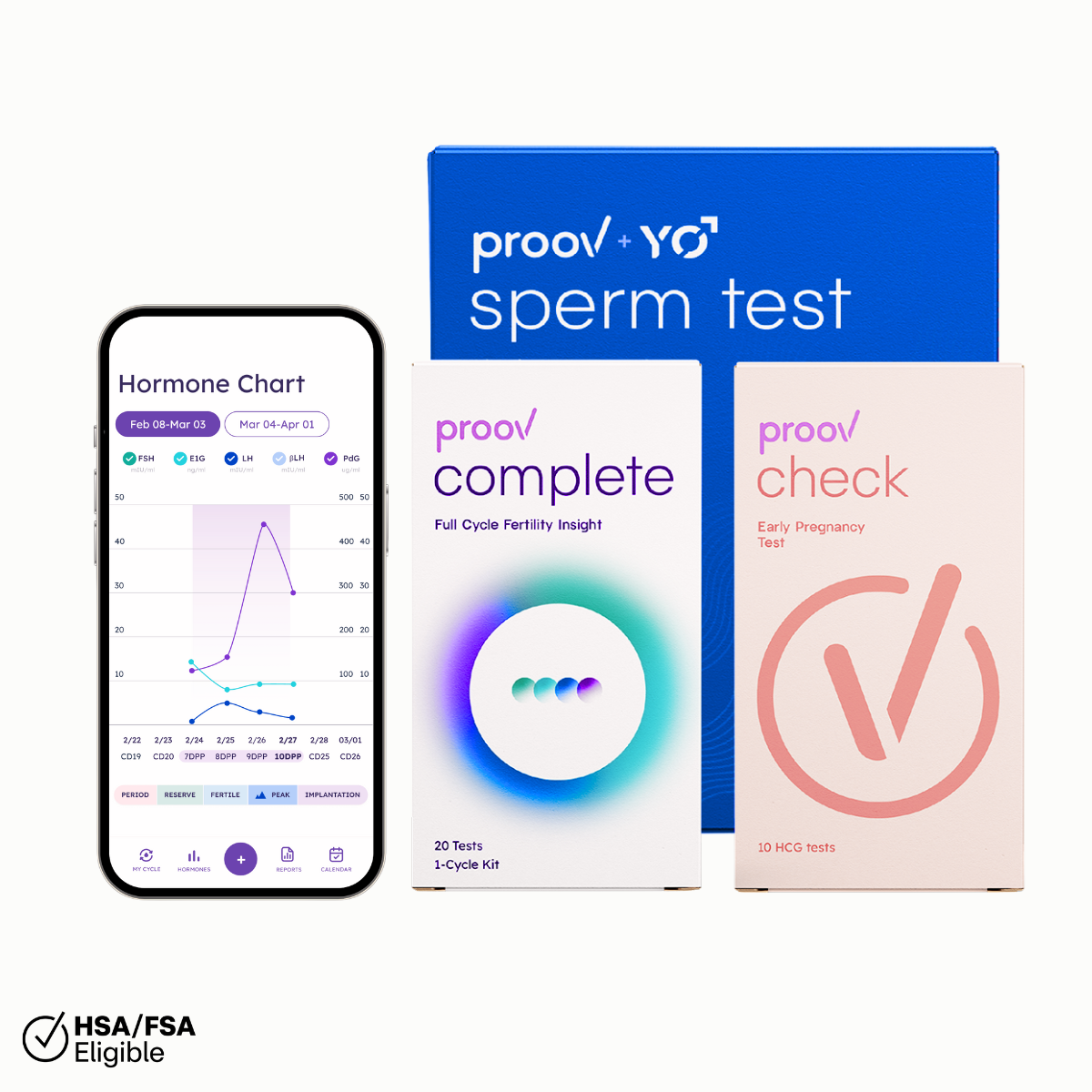What the heck is premenopause?
You’ve heard of menopause, and even perimenopause, but what about premenopause? Premenopause is the period in a woman's life before she enters perimenopause. Premenopause is characterized by the consistent rise and fall of hormones during the menstrual cycle, usually in predictable patterns that are largely consistent from one cycle to the next. It’s often referred to as the reproductive years, typically spanning from adolescence to the early 40s. If you are experiencing symptoms but received this result, you should review which medications/supplements you are taking and consult with a doctor about what else might be causing your symptoms because perimenopause may not be the cause. (And many perimenopause symptoms overlap with other health conditions.)
Where does premenopause fall within my perimenopause journey?
Premenopause is the stage before any signs of perimenopause begin. Think of it as the baseline of your reproductive health. As you transition from premenopause to perimenopause, you'll start noticing changes in your menstrual cycle and overall well-being. Premenopause is the period where your body is still functioning as it always has, without the hormonal fluctuations that come with perimenopause.
What hormone changes are happening and why?
During premenopause, your hormones are in a balanced, regular state. Estrogen and progesterone are produced in regular cycles, and Follicle Stimulating Hormone (FSH) levels are low and stable. This hormonal equilibrium ensures that your menstrual cycles are regular and predictable. As you get closer towards perimenopause, you may start to see subtle changes in your menstrual cycle.
What symptoms are typical for this stage?
In premenopause, you typically don't experience the disruptive symptoms associated with hormonal imbalances. However, as you approach the late stages of premenopause, you might begin to notice subtle, gradual changes.
How does this stage affect my cycle?
During premenopause, your menstrual cycle is still regular, generally ranging from 21 to 35 days. Ovulation occurs consistently, leading to predictable periods. Any significant changes in your cycle could indicate the onset of perimenopause, where cycles may become irregular and more symptomatic. If you're premenopausal but noticing changes in your cycle, it's a good idea to talk to your doctor to get support and understand your options.
What signs should I expect to see when transitioning into the next stage?
As you transition from premenopause to early perimenopause, your hormone levels start to fluctuate. Early perimenopause is marked by irregular menstrual cycles due to inconsistent ovulation. You might experience symptoms like mood swings, and sleep disturbances as your body adjusts to these hormonal changes.
Signs that you’re moving into early perimenopause include:
- Irregular periods (shorter or longer cycles)
- Sleep disturbances
- Mood changes and increased irritability
- Vaginal dryness
Throughout this transition, your hormones will continue to change, so it’s important to continue to test as you notice symptoms arise and evolve.
I’m premenopausal, but I’m having symptoms. Now what?
Testing regularly and recognizing symptoms early allows you to seek the right information and support to manage your transitions from stage to stage smoothly — whether that’s with lifestyle changes, supplements, hormone replacement therapy (HRT), or some combination over time. With accurate testing and reliable information, navigating these transitions can be less daunting. Remember, you’re not alone! Proov is here to support you every step of the way.












